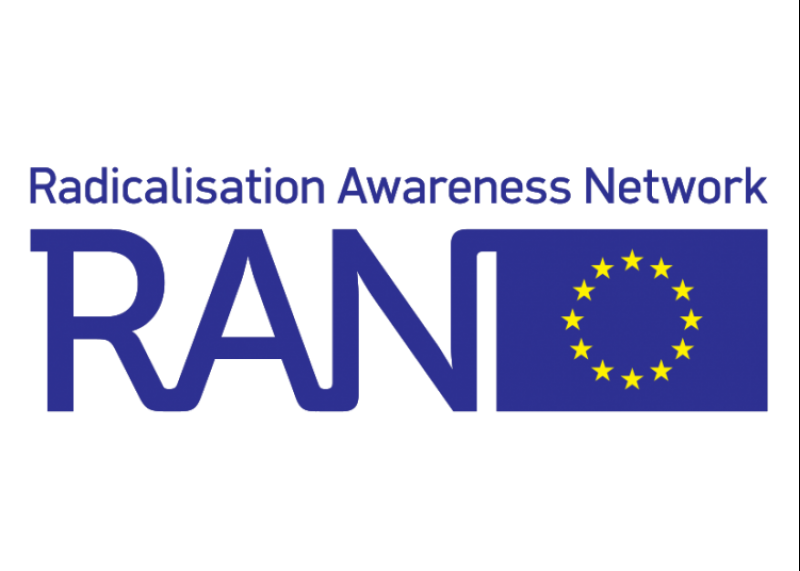- Home/
- News
RAN CONCLUSION PAPER: Women’s Usage of Social Media and Lessons for Preventing Violent Extremism
A new paper provides insights for practitioners on the radicalisation of (young) women online. The paper outlines the vulnerabilities that are specific to (young) women, explains how recruiters use these vulnerabilities online and provides recommendations for practitioners on how to address some of these issues. The paper draws on the insights gathered from participants at a ‘small scale meeting’ held online on 24 November 2020.
The perspective on the role of (young) women in extremism has changed over the last years towards better understanding of how women radicalise, how they are recruited, and what their role in terrorist or extremist organisations can be. For many years, the public view on the agency of women has been neglected or marginalised. With substantial numbers of women travelling to Iraq and Syria to join Daesh, this view has changed.
Despite the relatively large amount of research done on gender and radicalisation/extremism, there are still considerable gaps to fill. While the focus of the recent years has been on Islamist extremism, women and other forms of extremism have been rather understudied. One of the main challenges for an effective intervention is the fact that much of the interaction has moved online.
Studies have shown that women spend more time on social media than men and that the internet and social media can serve as a gateway to extremism. Therefore, the (online) radicalisation of women in different extremist settings needs to be explored further and understood to a degree that practitioners can adjust their intervention accordingly. Read more



 Development of specialized PCVE web site is funded by EU FUNDS CN 2017-386/831 - "IPA II 2016 Regional Action on P/CVE in the Western Balkans"
Development of specialized PCVE web site is funded by EU FUNDS CN 2017-386/831 - "IPA II 2016 Regional Action on P/CVE in the Western Balkans"